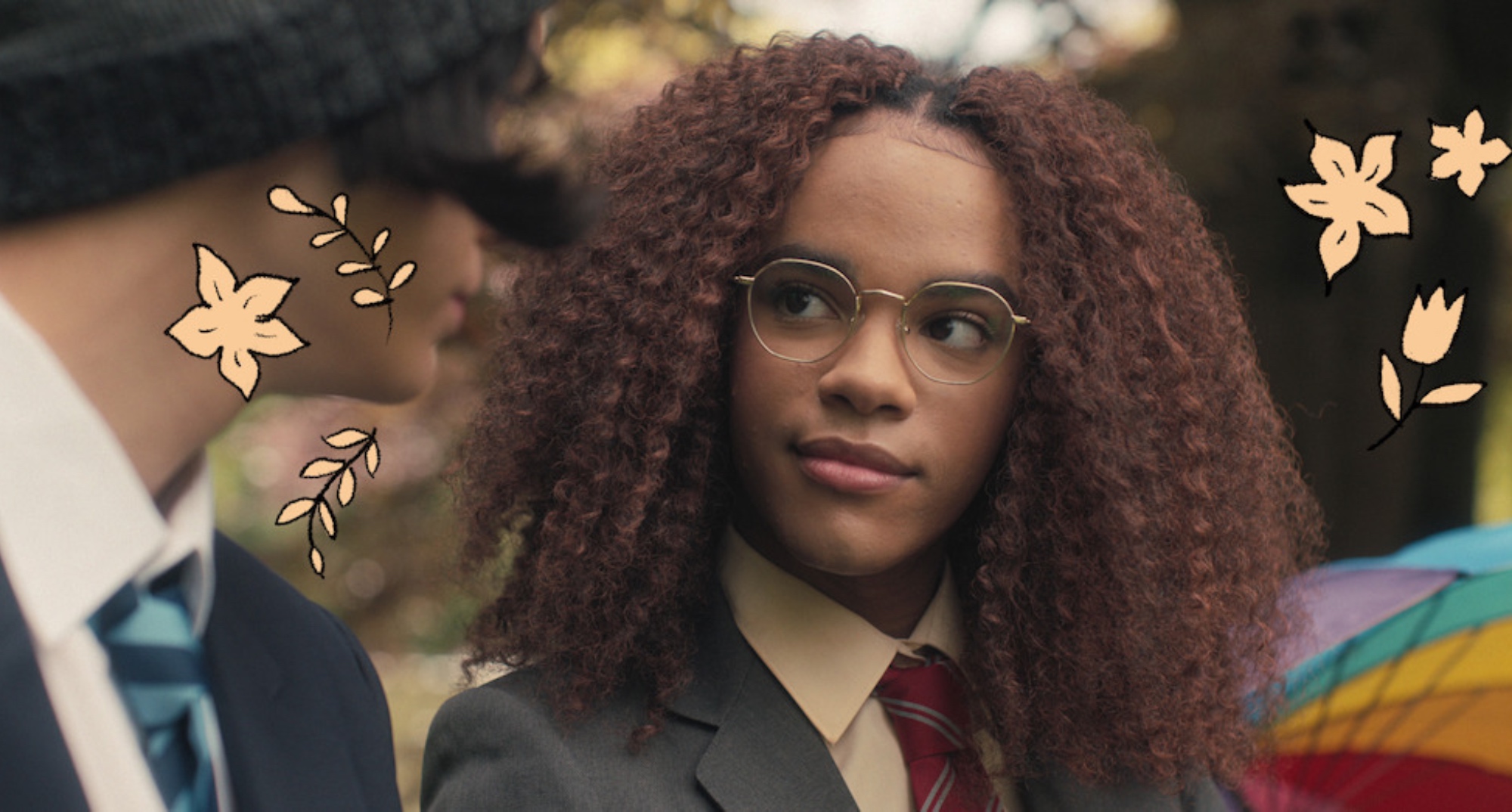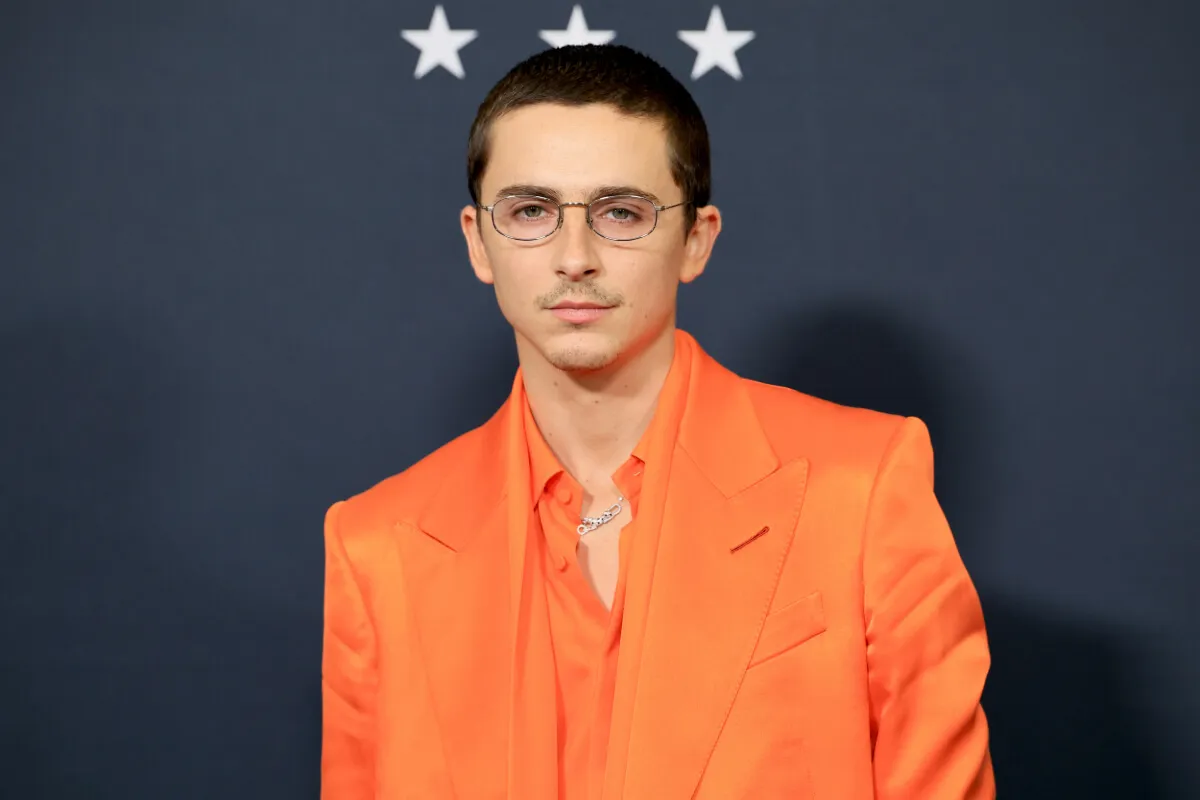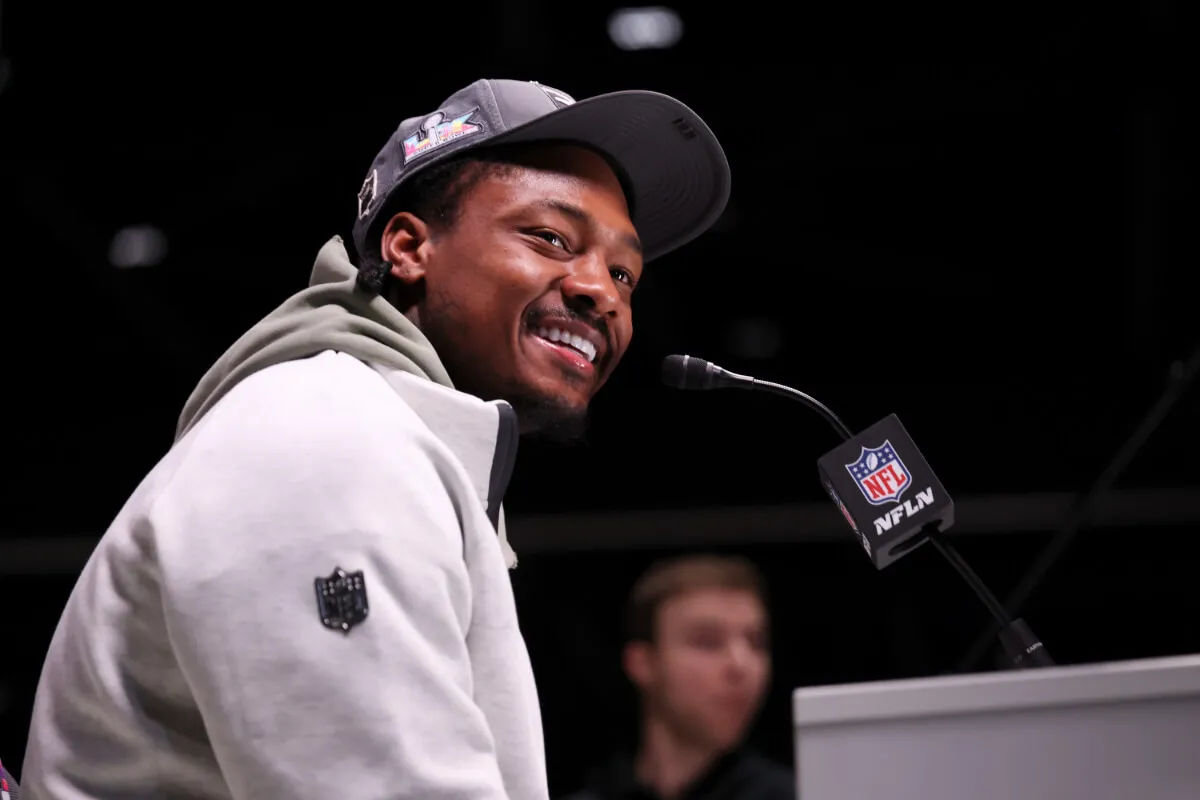‘Heartstopper’: How the LGBTQ Series Differs From ‘Euphoria,’ According to Yasmin Finney
Heartstopper gives fans a heartwarming, digestible, and resonating LGBTQ coming-of-age story about love, friendships, and discovering one’s sexuality. The Netflix series centers on high school teens played by actors close to the ages of their characters. Fans have found the series was relatable on many different levels, from teen angst, heart palpitating crushes, and more. Actor Yasmin Finney explains Heartstopper has a different and welcoming vibe than Euphoria.

‘Heartstopper’ is a kind and sincere LGBTQ story compared to ‘Euphoria’s’ darker themes
Actor Joe Locke, who plays Charlie Spring, explains Heartstopper’s storyline tells a more optimistic LGBTQ story. He says the series reassures audiences that they deserve love, no matter who they are or their sexuality. In Heartstopper, Charlie is openly gay but is in a relationship with Ben, who refuses to accept what they have.
When Charlie sits next to Nick Nelson, feelings start to blossom. But Charlie is unsure if Nick is gay, and Nick starts to question his sexuality when he realizes his crush on Charlie. In the mix are Charlie’s friends. Tao is afraid of losing his friends while Elle transfers to an all-girls school and develops a crush on Tao.
By the end of the series, fans get a heartwarming finale of love and acceptance. With Heartstopper being immensely popular, fans cannot help but compare it to the teen series Euphoria. Some might say the two series exist in different playing fields in terms of genre and message.
Euphoria follows Rue (Zendaya), a drug-addicted teen who has a hard time finding stability in her life. Meanwhile, the people around her deal with their sexuality, relationships, sex, trauma, and darker themes. The series has been praised for its gritty representation of mature subject matters.
Yasmin Finney says ‘Heartstopper’ is truer representation compared to ‘Euphoria’
In an interview with Elle, Yasmin Finney talks about LGBTQ representation and its realistic representation of teens. Finney explains Heartstopper allows audiences to see themselves in a way they wished they had when they were younger and lost in who they were.
“It would have meant so much to a younger Yasmin to see an Elle on screen who is living authentically and unapologetically as herself,” said the actor. When asked how Heartstopper compares to Euphoria, Finney praises the series but admits it glamorizes the teen experience somehow.
“Euphoria is amazing, but we need to have shows that are true to nature,” said Finney. “It’s important to have true representation on screen so we can inspire the younger generation to be confident in themselves. You don’t have to have a Hollywood smile and perfect clear skin to be on television, you can just be yourself.”
Yasmin’s co-star Locke sees it the same way when describing Heartstopper to 1883 Magazine. “Euphoria is a great show for certain things, but it’s good to have the opposite end of the spectrum which is a show that depicts real things through an optimistic lens,” said the actor.
There is no denying that Euphoria speaks to audiences in a mature setting riddled with the grim reality of what the world can be, but Heartstopper is different. The Netflix series takes an LGBTQ story and gives it hope.
LGBTQ rights charity Stonewall helped bring authenticity and education to the set of ‘Heartstopper’
In Finney’s interview, Elle explains Stonewall was brought into Heartstopper to help educate the cast and crew about correct terminology, history, and more about the LGBTQ community. In Netflix’s “The Making of Heartstopper” video, the director explains he is not alone in creating the series regarding photographers, makeup artists, and crew. He wanted the crew and cast to be authentic as possible.
“I wanted as many of those people possible to be from the LGBTQ+ communities. So they can bring their experiences and identify the bits of the story that can only be from an LGBTQ perspective,” said the director.
Jeffrey Ingold was the LGBTQ consultant and explained, “We can help give a more authentic view of the context in which the show is happening. So it doesn’t feel like this is a drama that is happening over here. It’s based on the reality of what kids are going through.” Ingold explains they worked to create a safe space with an “LGBTQ mindedness at the forefront.”


